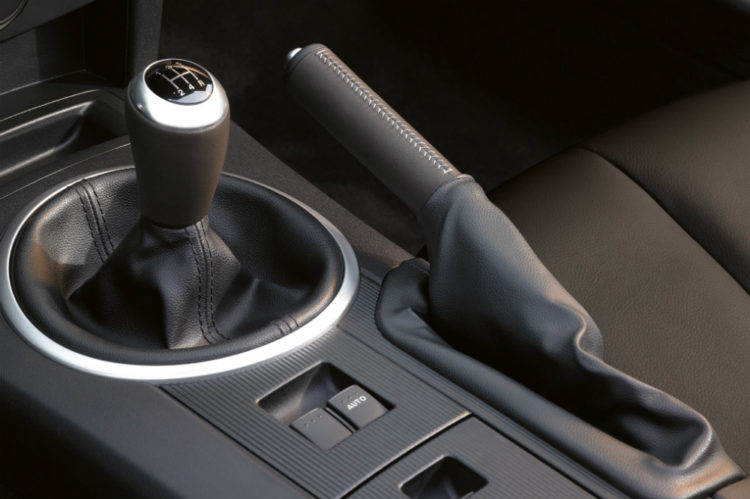 I plan to get a car some time this year. I realise that many new cars have electronic parking brakes.
I plan to get a car some time this year. I realise that many new cars have electronic parking brakes.
It appears to me that traditional handbrakes are safer since they are manually operated and not subject to electrical or electronic failures.
Also, in case I have to perform an emergency stop, it is easier for my hand to grab and yank the handbrake than for my fingers to seek out and fiddle with a small lever to operate the electronic parking brake.
Are manual handbrakes safer?
More and more manufacturers are opting for electronic parking brakes because it frees up space in the aisle.
From a safety point of view, the parking brake should not be relied on for emergency stops. You should instead slam on the brake pedal with all your might and maintain the pressure until the car is stationary.
Your hands should be on the steering wheel, so you can steer the car away from danger (possible only with anti-lock braking system-equipped cars). Having one hand on the parking brake lever will compromise this crucial manoeuvre, which can make a difference between life and death.
Handbrake turns admittedly are easier to do with a physical lever. But unless you are a professionally trained bodyguard or a rally driver, you should not attempt handbrake turns and especially not on public roads.
The parking brake is what its name suggests – to stop a vehicle from rolling off when parked. For this role, an electronic system is better since it will always apply the correct pressure – something that is not always the case with a hand-operated lever.
As for failures, most electronic or electrical systems in a car have built-in fail-safes. That is to say, if a component fails (or in some cases, is about to fail), the driver will be warned. You do not get that with a parking brake lever.
So, remember, both hands on the steering wheel always.
Related story: Is erratic idling an engine or electrical problem?
Related story: How often should I replace my car’s headlight bulbs?












